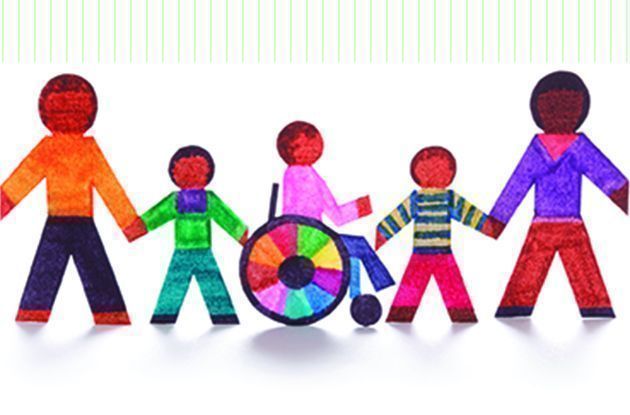
How to Avoid Comparing Your Child with Special Needs to Other Children
While it’s normal to sometimes compare your child to others, it’s important to try to limit it. Here’s what you can do.
Get can’t-miss family activities sent to you!
Get the Best Kid-Friendly Activities
Sent to You Weekly!
Verbalize your child's strengths.
There is a tendency to discuss weaknesses as those things are thought about, talked about, written, printed, and talked about again in many meetings. Let’s do the same thing with strengths, says Janelle Vargo, Director of Education for Wonder Media, an animation production company that creates content to educate children in an entertaining and positive way. If there aren’t a lot of strengths listed or required in your meetings, you’ll have to do this part on your own. And don’t be afraid to remind teachers, administrators, therapists, and doctors of all of the wonderful things your child has accomplished throughout the year.
It can also be helpful to have your child focus on their abilities rather than their disabilities, especially when they’re feeling discouraged by something. For 6 steps to help your child (and you!) focus on their abilities, visit nymetroparents.com/abilities.
See the reality.
Remind yourself that what you see from other children is often a highlight reel much like what we see on social media, says Kathy Heath, an autism awareness advocate behind TheAutismEdit.com and mom of three children, including one on the autism spectrum. Remember, no child is perfect, and no parent has it easy.
Join a good support group.
Find fellow parents of kids with special needs. They’ll understand your struggles and help you feel like you’re not alone, Musson says.








